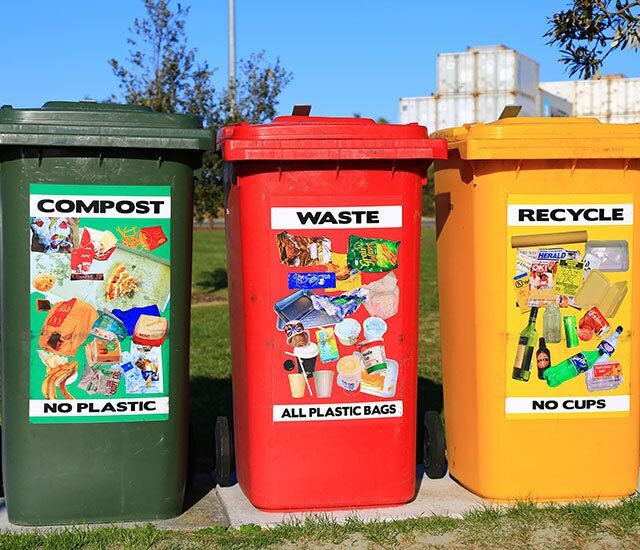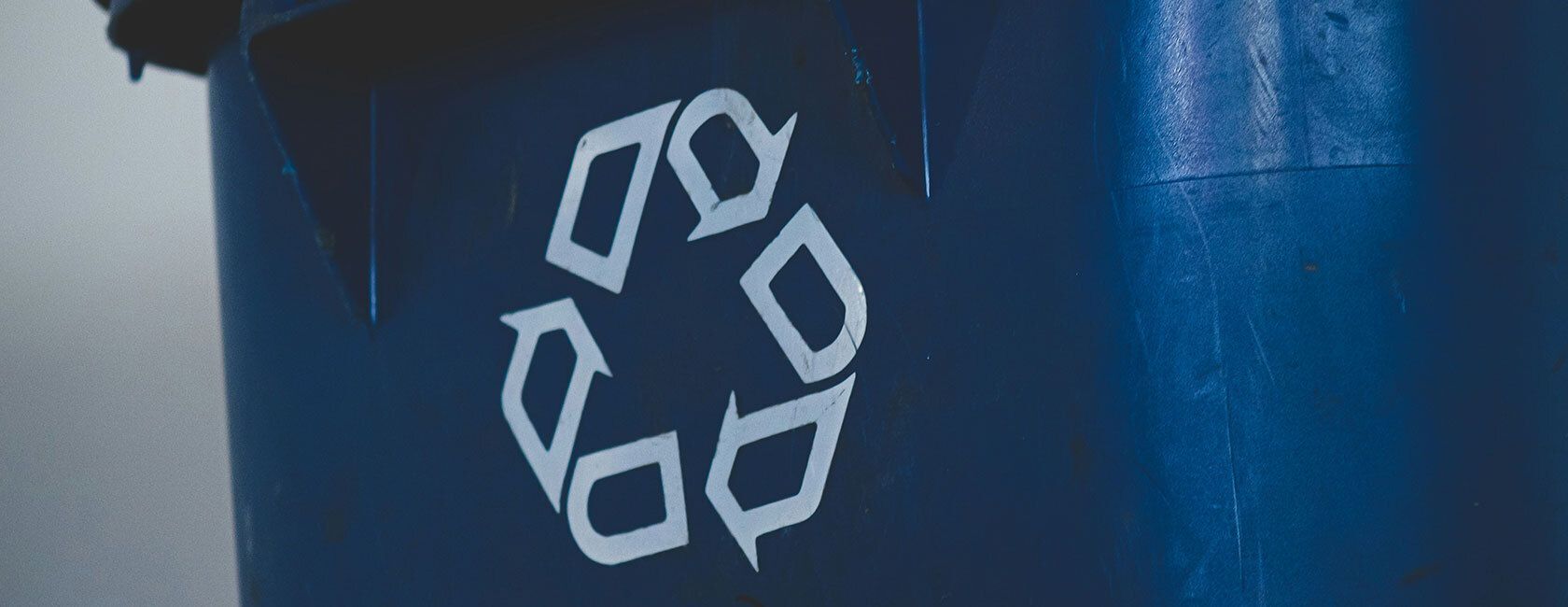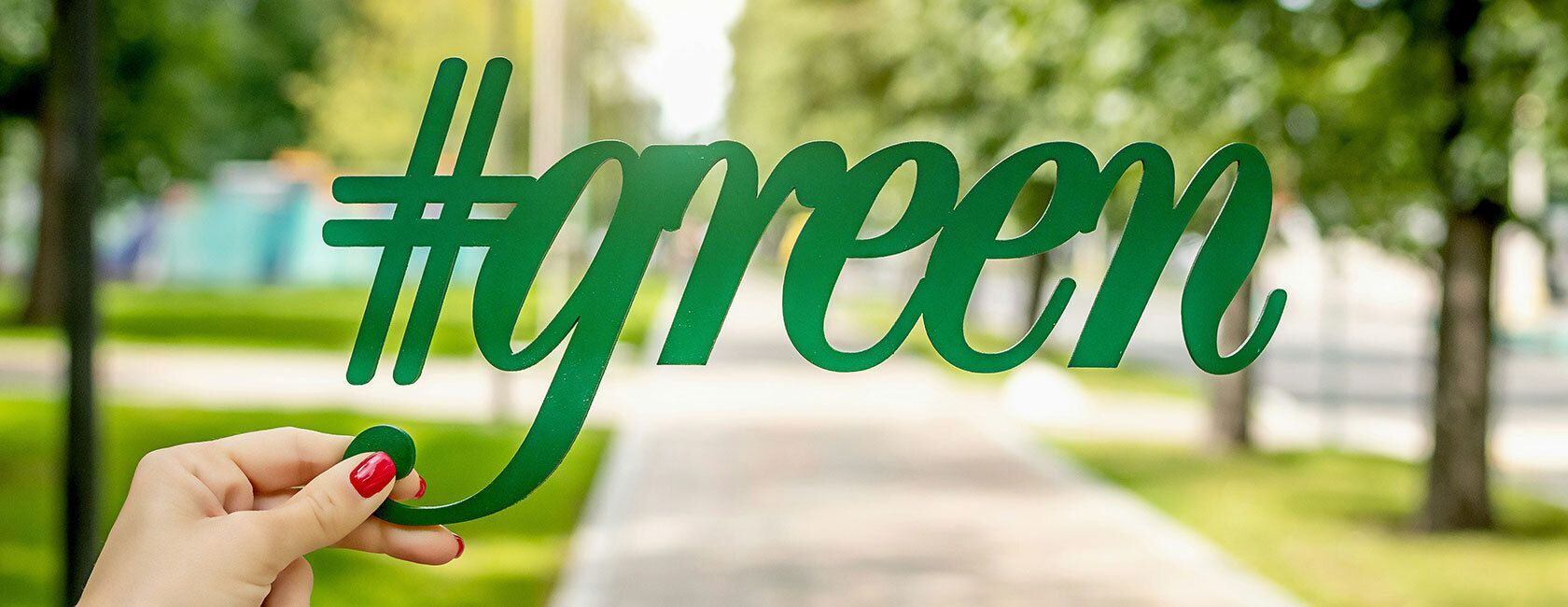What We Do
We are the umbrella for recycling organization's across North America. You can count on us to provide leadership, connectivity and support.
-
Our programs are designed to provide relevant, up to date information to our members, state and local government officials and legislators to aid in their ability to make informed choices relating to recycling, compost and other waste diversion related activities.
-
The National Recycling Congress, webinars, and certification programs and events help us raise awareness and generate crucial resources in support of the NRC. Join us at our next event and see what we do and how you can get involved.
-
Our grassroots coalition network is an integral part of NRC and our larger community. Team up with us and see what a huge difference a little bit of your time can make.
-
 Martie Solomon, NRC Treasurer
Martie Solomon, NRC TreasurerBeing a part of the NRC has shown me the dedication and passion of the board, members and sponsors. Everyone really cares about what we do, how we serve and also demonstrate great stewardship values.
-
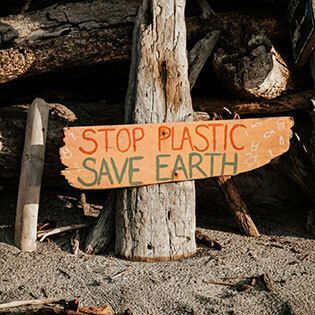 Members connected across our State Recycling Organizations and membership across our coalition
Members connected across our State Recycling Organizations and membership across our coalition10,000
-
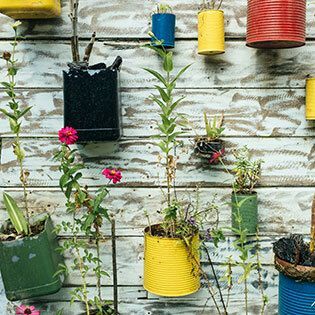 Volunteer hours* that keep NRC and the coalition moving and shaking, Congress, webinars, networking, advising and more!
Volunteer hours* that keep NRC and the coalition moving and shaking, Congress, webinars, networking, advising and more!Thousands of hours...
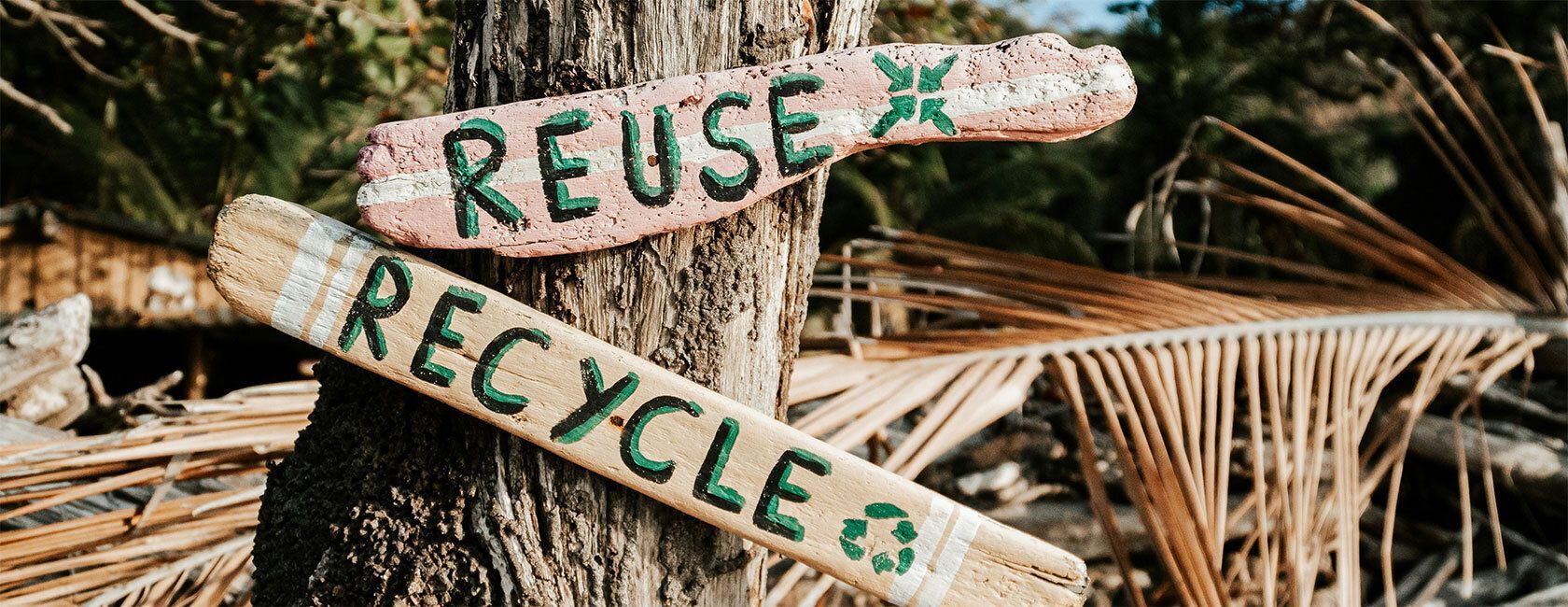
Reduce. Reuse. Recycle
Make a positive impact within your community. Change starts here.
Frequently Asked Questions
Have you ever had a question and didn’t know where to find the answer? If so, you’ve come to the right place.
-
What does your organization do?
NRC represents and advocates for every sector of the recycling industry across the country, on the local, state and federal levels. We provide our members with the tools and resources they need to convey to their community members, decision makers, and news media the important benefits that recycling provides to our economy and environment. We also develop meaningful partnerships with corporate, government, and nonprofit leaders to bring about important changes in the way we use, manage, and recycle natural resources. For a list of specific programs and services we provide, visit our What We Do section.
-
How can I get involved?
Become a member, be active on our blog, host or attend a webinar, join a committee, become a Board of Director. Visit our Get Involved section to find out ways to donate or volunteer.
-
If I were to donate funds, how is my money used?
We have a responsibility to our community and our donors and work hard to ensure long-term sustainability of the organization. Funding is used to support programming, webinars, The Recycling Congress and much more. We make our IRS Form 990 available for review, as required by law. Visit our /">Advocacy and Policies page to learn more.
-
Peter Adrian
"I love volunteering at the NRC. They strive to support all of the state recycling Organizations and their members"
-
 Teresa Bradley
Teresa Bradley"The annual Congress held in Cooperstown was great. I was able to meet new people and network with companies that provide services I need"
-
Marta Keane
"I appreciated the EPR webinar spotlighting the Product Stewardship Institute"
-
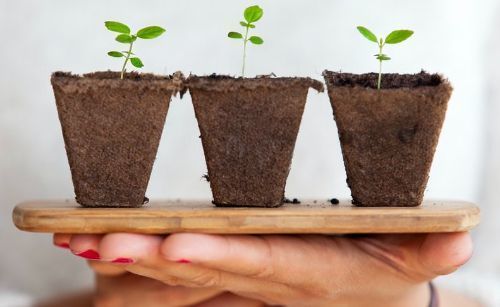 Marjie Griek
Marjie Griek"Love the changes I see happening at NRC in 2025! Keep up the good work"
-
Gary Liss
"I have been a member of NRC for many years and will continue to support the Coalition"
-
Bob Gedert
"Being a NRC sponsor and member has been great for my business"
Our generous sponsors & partners
-

-
 Sponsor Logo Sample
Sponsor Logo Sample
